We have built Hungary’s newest private cardiac centre on a 21st century diagnostic background, an efficient patient management protocol and a high level of specialised medical expertise. Our goal is to tame the cardiological risks that affect many in our country, such as high blood pressure, coronary artery disease and heart rhythm disorders, into treatable problems. It’s important to us that people who come to us get an accurate diagnosis in a short time and start the right treatment with the right specialist as soon as possible.
To determine the cause of sudden onset of chest pain, to rule out coronary artery disease or to investigate it immediately.
To identify heart rhythm disorders and complaints. For untested palpitations, palpitations, palpitations.
For those who need or already have a heart rate regulator.
For cardiological risk screening of active athletes or those planning to take up or restart sport.
For women with circulatory and heart problems who are planning to have children.
In case of inherited or congenital problems, to continue cardiological follow-up in childhood
In the paediatric cardiology department, congenital heart defects and acquired heart diseases are diagnosed and treated.
Children are treated from newborn to 18 years of age.

Hypertension can be detected in 80 percent of heart diseases. Hypertension can be a primary condition caused by a combination of factors (e.g. genetic predisposition, lifestyle factors) or a secondary symptom of an accompanying disease (thyroid or kidney disease). If left untreated, high blood pressure can lead to myocardial thickening and heart failure, excessive strain and weakening of the blood vessel walls (aneurysms, strokes), but can also cause overload in many parts of the body.
The narrowing of the coronary arteries, which are responsible for the supply of oxygen to the heart, is caused by plaques on the arterial wall, which can grow over years or decades, eventually shrinking, narrowing or blocking. The narrowed vessel is unable to deliver enough oxygen to the heart muscle, a condition that can lead to arrhythmia and eventually heart attack. The most common symptom is chest pain behind the sternum. If you hear of vasoconstriction or atherosclerosis, it is most likely a blockage in the coronary artery.
A heart rhythm that is faster (tachycardia), slower (bradycardia) or irregular compared to normal is called arrhythmia. In the latter case, there may be an extra heartbeat mixed in with the normal rhythm or a skipped beat. This may be caused by damage to the heart muscle, but can also occur in an intact heart muscle. In most cases, the arrhythmia is not noticeable and is detected during a specialist examination, but in some cases it can include chest pain, chest tremors, breathlessness, a palpable fast or slow heartbeat and dizziness.
Various heart disorders (e.g. high blood pressure, coronary heart disease) sap the heart’s strength, so a weakened heart cannot deliver enough blood to the organs. This problem is chronic, requiring constant monitoring and treatment, and affects one in ten people over the age of 65. Because it typically occurs as a consequence of other circulatory problems, it also develops slowly. Typical symptoms include general physical weakness, reduced activity, loss of appetite, sudden weight gain and irregular heartbeat.
In the heart, the heart valves are located at the junction of the atria and ventricles and at the origin of the large blood vessels, and regulate the flow of blood between the heart chambers. If these valves, which act as valves, do not close properly or are severely constricted, i.e. they block the flow of blood even when open, they cause problems in the circulation. There are many forms of congenital and acquired heart valve disorders, but there are also a number of effective medical and surgical treatments (valve implantation, dilatation, valve replacement).
Patients over 18 years of age with congenital heart disease require additional regular specialised follow-up throughout their lives. Regardless of the type of disease, the most common late problems are arrhythmias and heart failure. But as an adult, issues that affect daily life and lifestyle, such as sport, contraception, having children and employment, also require consultation and medical help.
For women with suspected heart disease, high blood pressure or heart disease, cardiology-related antenatal care is important from the planning of the baby to its birth.

After the traditional blood test, the blood samples are sent to the Wáberer Cardiology Centre’s own laboratory, where they can be analysed for a range of cardiovascular problems. Analyses of triglycerides, trace elements, blood sugar, cholesterol and thyroid function can not only highlight existing problems, but can also reveal developing lesions and risks that could cause problems later on.
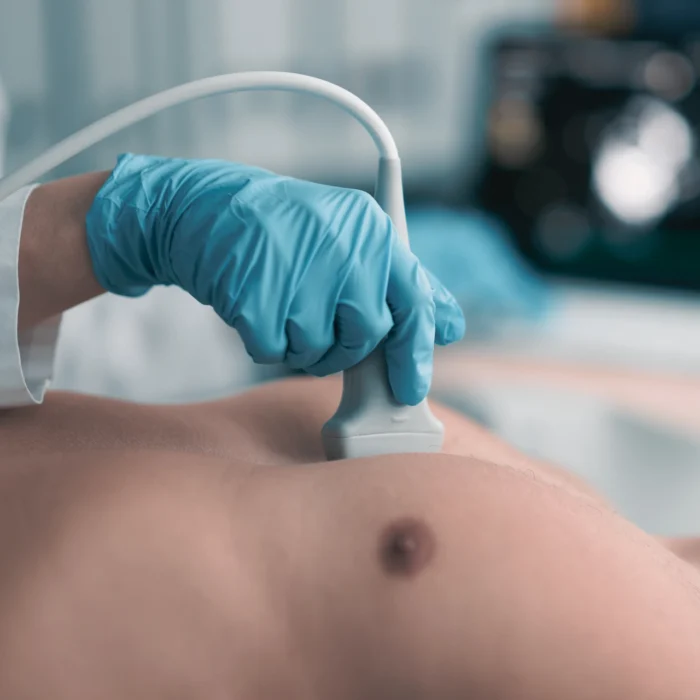
Echocardiography or echocardiography is the cardiological version of the familiar ultrasound scan. Ultrasound shows a live moving image of the beating heart and can reveal the anatomy of the heart and large blood vessels, but it can also examine the function and integrity of the left ventricle, the fluid in the pericardium, tumours in the heart or other lesions.
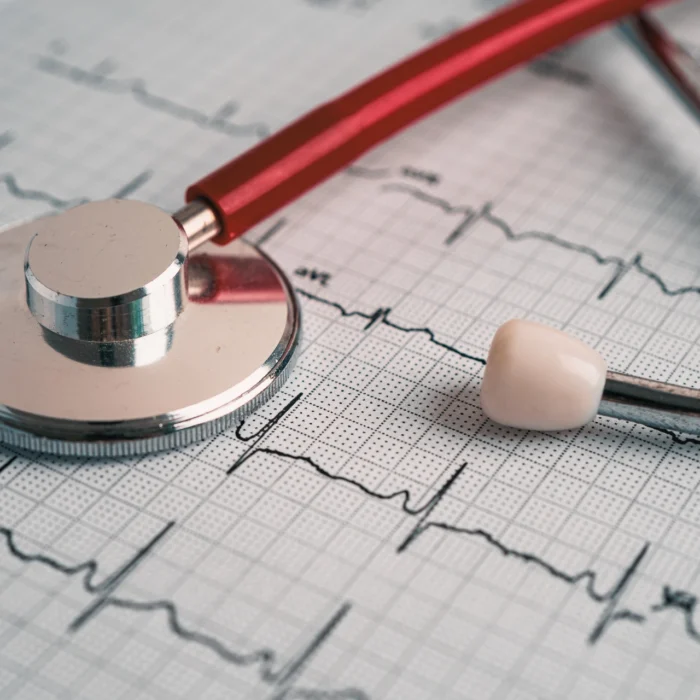
An ECG or electrocardiogram is one of the most common and useful diagnostic procedures to find out how the heart is working. It can be used to detect cardiac arrhythmias and diseases affecting the heart, but also to identify general diseases affecting the whole body. A 12-lead ECG means that it can show the electrical activity of the heart from 12 different angles, giving a comprehensive picture of the number of beats per minute, the regularity of the heartbeat, the thickness of the chambers of the heart, and the formation and conduction of blood vessels.
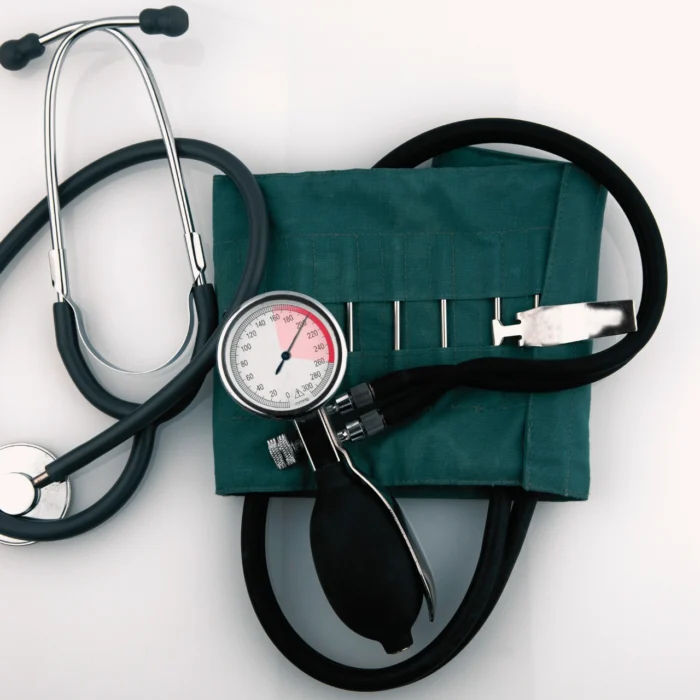
ABPM (ambulatory blood pressure monitoring), or 24-hour blood pressure monitoring, helps to establish an accurate diagnosis of hypertension by allowing the comparison and fluctuation of blood pressure values during the day and night, at rest or at work, in the patient’s normal lifestyle. This test will decide which antihypertensive drugs may be needed. The device takes 10 minutes to fit and you can then go about your daily activities. During the test, it is recommended that you keep a diary of your activities, including when you have been more active, when you have been under stress, and if you have had any complaints. The test is painless, but the cuff inflation may cause some discomfort and tightness, which may disturb your sleep at night. The test requires the patient to wear a body-mounted mobile blood pressure monitor for 24 hours.
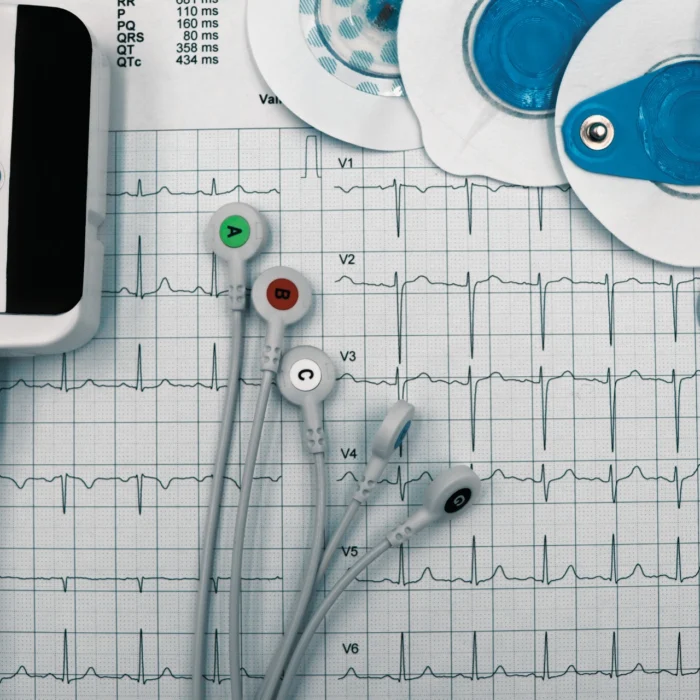
Heart rate disturbance analysis
The 24-hour Holter test is an ECG that records heart function data over 24, 48 or 72 hours of normal life. It is most useful when, despite symptoms suggesting heart problems, it is difficult to determine the cause with a single ECG test. Once the device is fitted, you can resume your daily activities without interruption. The small machine attached to the body continuously records the heart’s electrical signals, which are evaluated by the specialist afterwards and can see any abnormalities over a longer period of time. The test is performed using a device consisting of 5 pins and a small radio-sized device. The pins (electrodes) are glued to the chest, while the device can be hung around the neck. If you experience discomfort or heart palpitations during the day, you can press the button on the device, which is designed for this purpose. During the test, it is recommended to keep an event diary in which daily activities (walking, stress, eating, activities requiring increased physical activity) are recorded with precise time stamps.
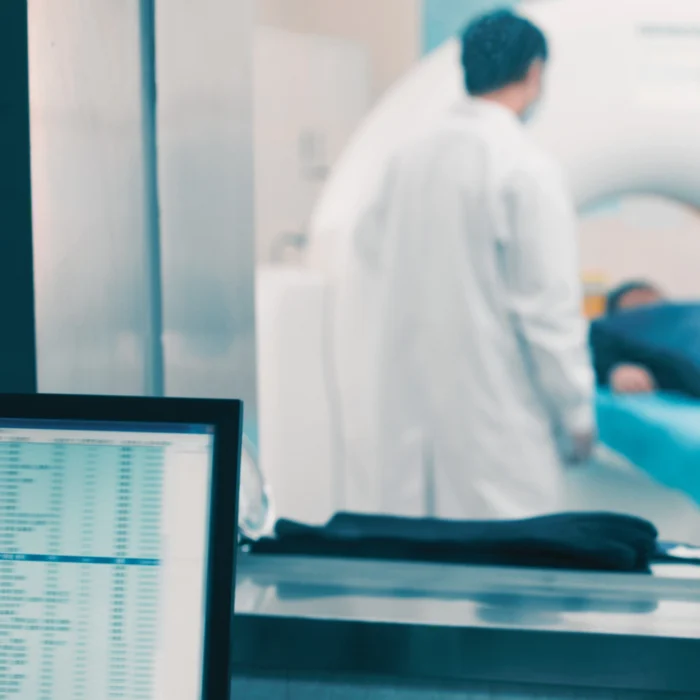
The coronary arteries carry oxygen-rich blood to the heart for the heart muscles to function, and if they become narrowed by deposits or plaques, the oxygen supply to the heart can quickly become weak. A 20-minute CT scan provides detailed images of the anatomy of these blood vessels and the heart, so it can provide information about vasoconstriction and the resulting loss of capacity long before the disease shows any noticeable symptoms. It can therefore also help to prevent a possible heart attack.

Although talking to a specialist may not seem like part of the investigation, it is one of the most important sources of diagnostic information. With the right set of questions, the doctor can easily find out the medical history and symptoms, and from our answers and a quick visual inspection, he can draw a number of conclusions about the diagnostic pathway to follow to determine exactly what cardiovascular problem we are facing after our complaint.